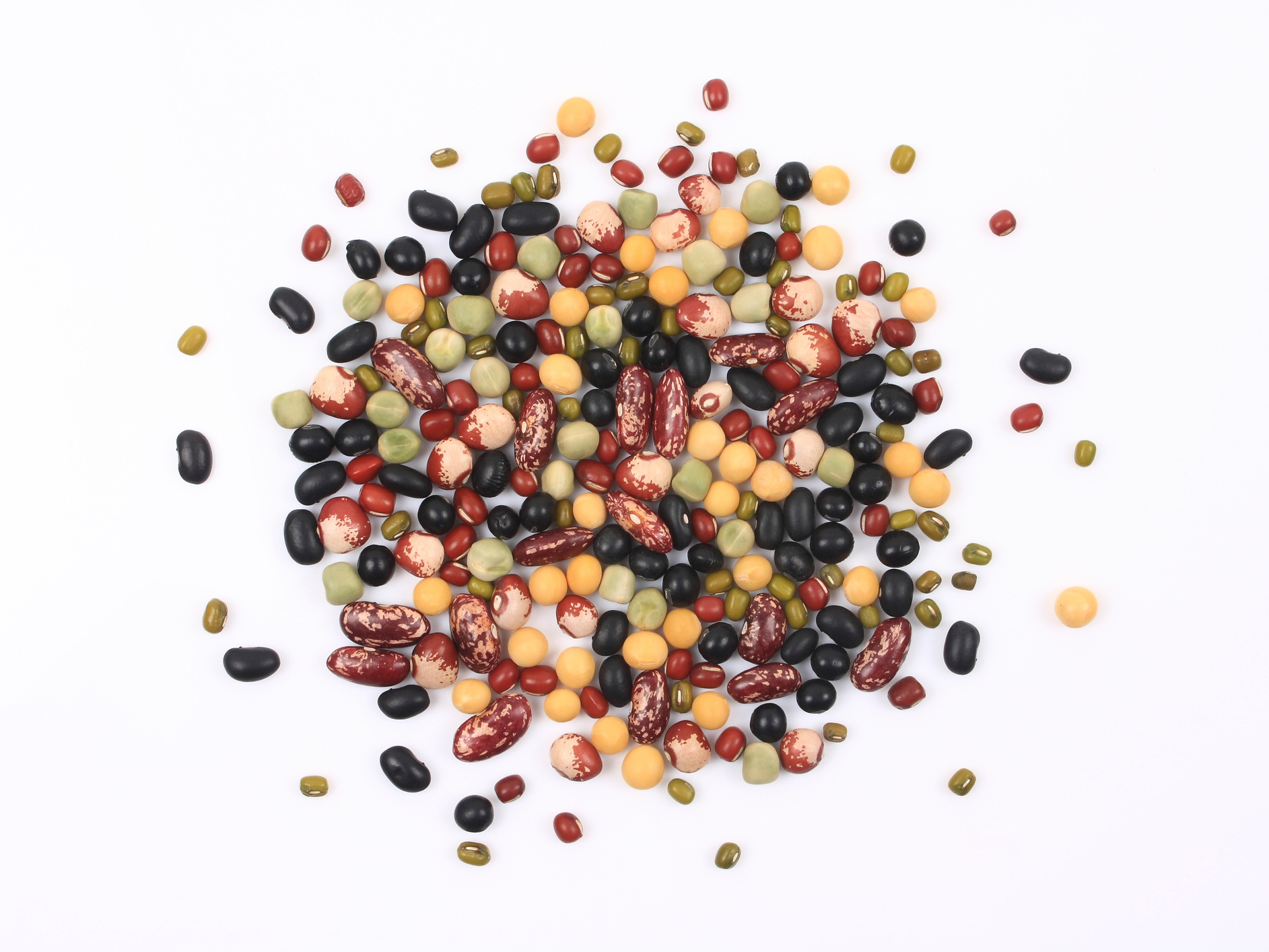Get Easy Health Digest™ in your inbox and don’t miss a thing when you subscribe today. Plus, get the free bonus report, Mother Nature’s Tips, Tricks and Remedies for Cholesterol, Blood Pressure & Blood Sugar as my way of saying welcome to the community!
Dramatically lower your heart disease risk with legumes

Traditionally, the medical establishment has put little or no emphasis on food as a way to prevent disease. That is starting to change.
In Huntington Beach, California, for example, grocery shoppers can be accompanied by a physician from the “Shop with Your Doc” program, who can help people make choices that will support health and not disease.
Food as medicine is not a new idea, but it’s one that’s making a comeback, as the number of people with diabetes, heart disease, and high blood pressure has grown seemingly out of control.
Readily available, far less expensive than medications, and with no side effects, the foods you choose to eat — and not eat — can make the difference between becoming a statistic and living a healthy life.
According to the World Health Organization, 80 percent of deaths from heart disease and stroke are caused by high blood pressure, tobacco use, high cholesterol, and low consumption of fruits and vegetables.
A new study points to one class of food that can dramatically lower your risk for heart disease.
What are legumes, anyway?
A legume is a plant that produces a pod with seeds inside. Lentils, peas, beans, chickpeas, peanuts, and soybeans are commonly consumed legumes. Legumes are high in fiber and protein.
A review published in Advances in Nutrition assessed the risk of cardiometabolic diseases, relative to the consumption of legumes.
Cardiometabolic diseases include not only heart disease but diabetes and high cholesterol, both of which are risk factors for cardiovascular (heart) disease.
According to the study, people who ate the most legumes had a rate of cardiovascular disease as much as 10 percent lower than those who ate the least.
Dr. Hana Kahleova, director of clinical research for the Physicians Committee for Responsible Medicine, noted that “Americans eat less than one serving of legumes per day, on average,” and that “simply adding more beans to our plates could be a powerful tool in fighting heart disease and bringing down blood pressure.”
The Dietary Guidelines for Americans recommends eating at least three cups of legumes per week.
Lectins and digestive trouble
You may have heard that eating legumes can be dangerous. Let’s clarify things for you here.
Beans, and kidney beans, in particular, contain lectins, a protein that bypasses the digestive system by binding to carbohydrates that you eat and causing digestive problems and pain for many people.
The good news is that beans are not the only legume out there. If you want to add more legumes to your diet for the disease-prevention benefits, try:
- Soybeans
- Peas
- Chickpeas
They all have the fiber and protein you’d find in beans, without much of the digestive trouble.
Soaking beans and cooking them for a long time will help reduce the intensity of the lectins and make them more digestible.
And, not everyone has trouble with beans. If you’re one of the lucky ones, keep eating them! Just always make sure they’re thoroughly cooked — especially when eating kidney beans. Phytohaemagglutinin, a lectin found in kidney beans, is considered a toxin. Poisoning can occur if the beans are eaten raw or are improperly prepared (for instance, cooking them in a slow cooker may be inadequate). Symptoms that can occur after consuming just five raw kidney beans include nausea, vomiting, and diarrhea.
A few recipes to start with
To help you get started on the path to eating more of those heart-healthy legumes, here are a few recipes you can try:
- Indian-Spiced Chickpea Salad with Yogurt and Herbs
- Easy Chicken and Chickpea Soup
- Orzo with Butternut Squash and White Beans
- Lemony Lentil and Chickpea Salad with Radish and Herbs
- 3-Bean Soup with Tomato Pesto
Editor’s note: There are perfectly safe and natural ways to decrease your risk of blood clots including the 25-cent vitamin, the nutrient that acts as a natural blood thinner and the powerful herb that helps clear plaque. To discover these and other secrets of long-lived hearts, click here for Hushed Up Natural Heart Cures and Common Misconceptions of Popular Heart Treatments!
Sources:
- Legumes boost heart health, according to new review study — EurekAlert!
- Preventing Chronic Diseases a vital investment — World Health Organization
- Food As Medicine: It’s Not Just A Fringe Idea Anymore — NPR
- Why Beans Are Hard to Digest & 8 Tips For Making Them Easier on the Belly — Nourishing Days
- Phytohaemagglutinin — Wikipedia













